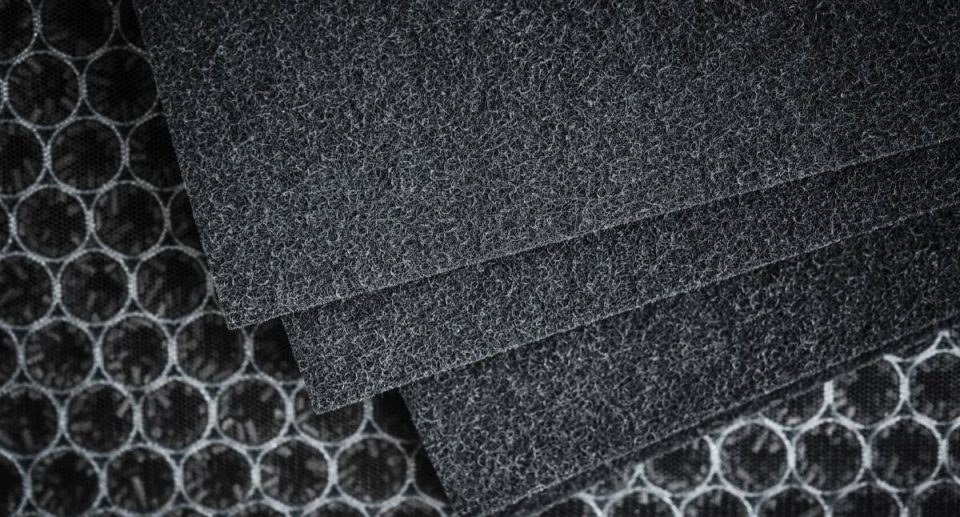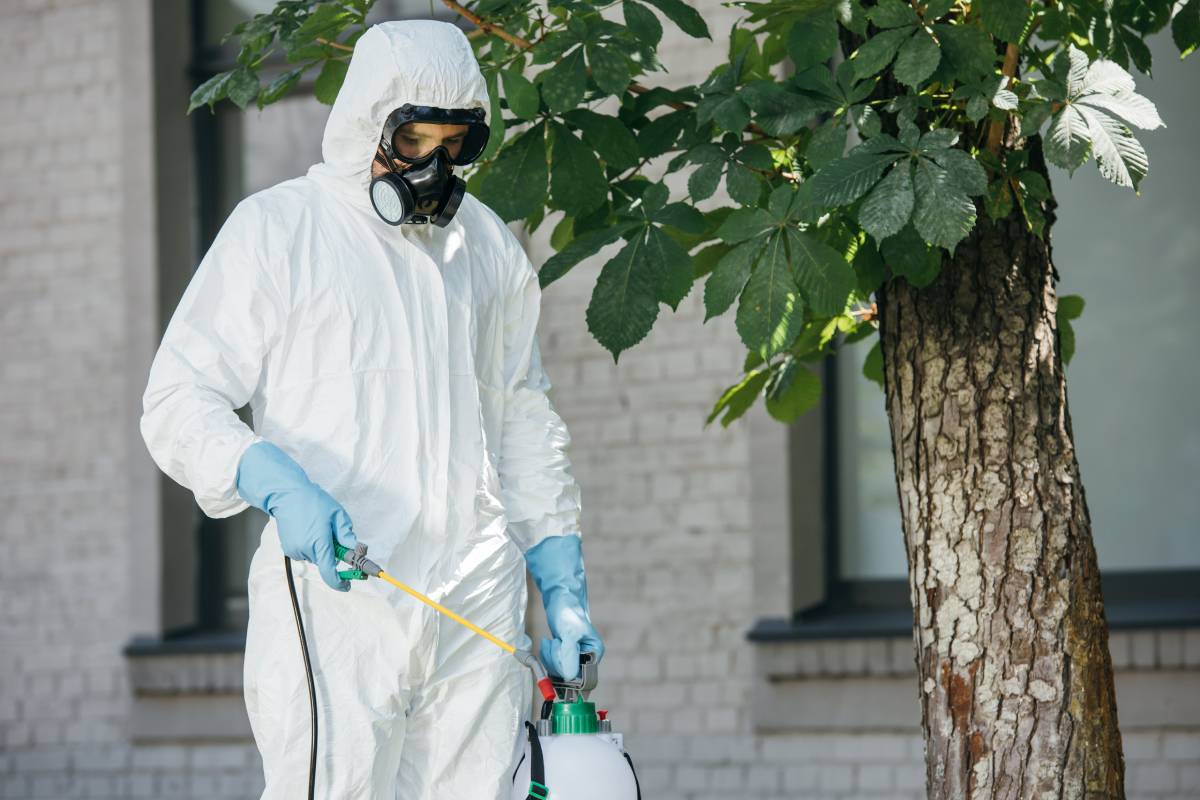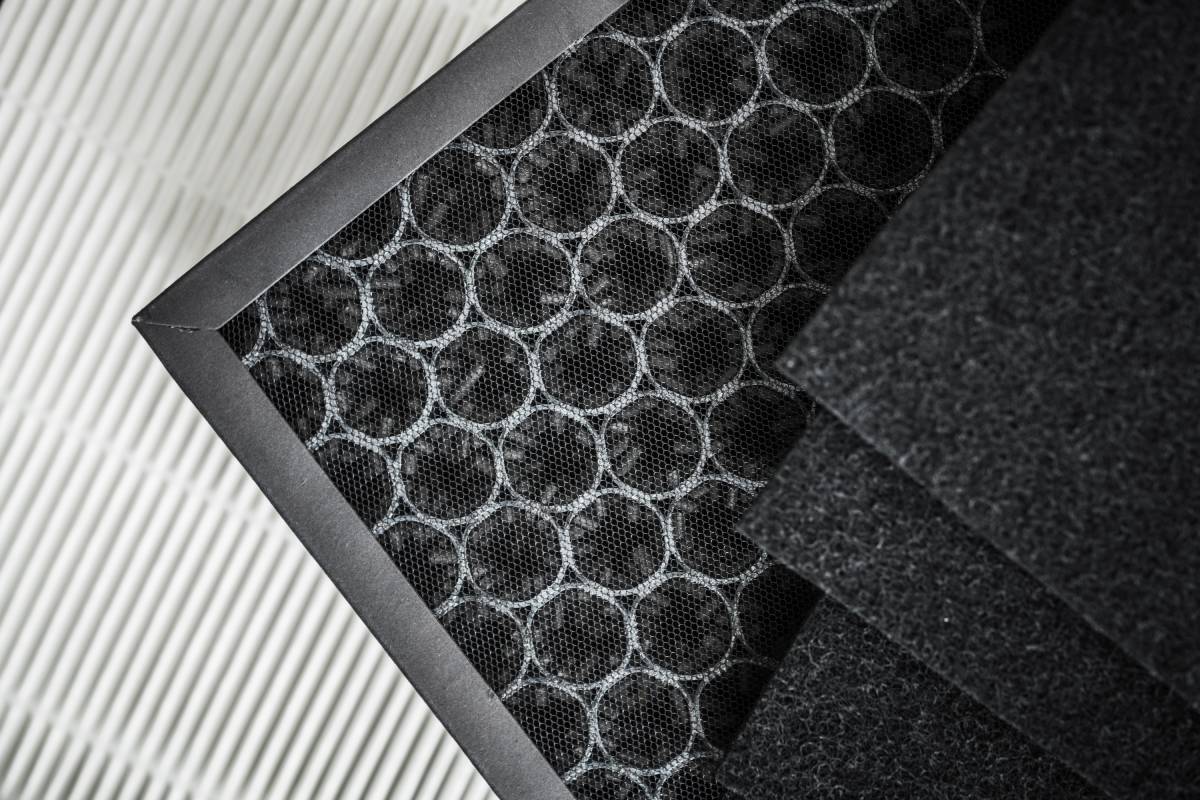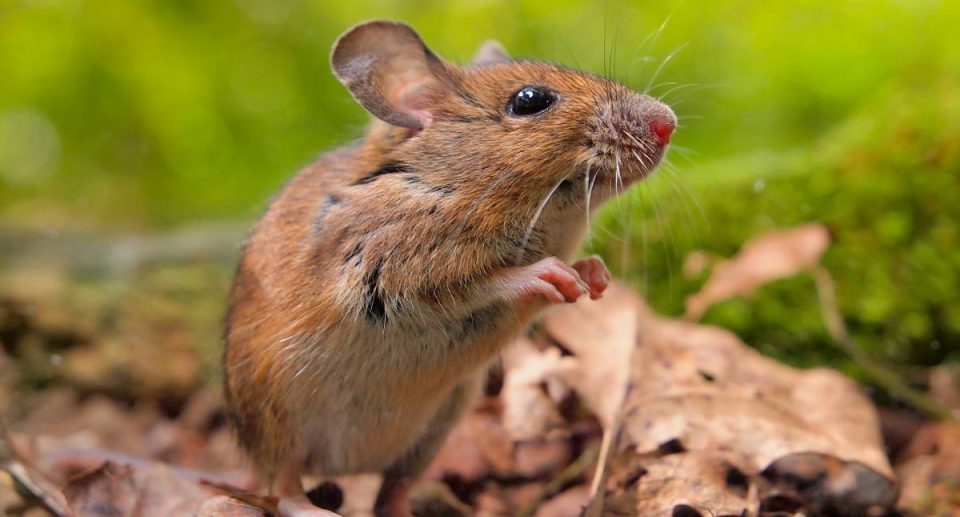
Mice are a common sight in many parts of the world, including Australia – and despite their cute and harmless appearance, they can be an absolute nuisance for homeowners.
Of course, we’re not talking about the domestic mice you can buy from a pet store, but the invasive species that regularly terrorise Australian homes and cause a plethora of problems.
But is every species of mouse in Australia invasive? Or are there any species native to Australia? In this article, we’ll discuss these deceivingly cute little critters in greater depth. Here’s what you need to know…
Are Any Mice Native to Australia?
Despite some of the most prevalent species of mouse in Australia hailing from other parts of the world, there are indeed several native mouse species, including:
- Agile Antechinus (Antechinus Agilis).
- Bush Rat (Rattus Fuscipes).
- Chestnut Mouse (Pseudomys Nanus).
- New Holland Mouse (Pseudomys Novaehollandiae).
- Smoky Mouse (Pseudomys Fumeus).
- Long-tailed Mouse (Pseudomys Longicaudatus).
- Dusky Antechinus (Antechinus Swainsonii).
- Heath Mouse (Pseudomys Shortridgei).
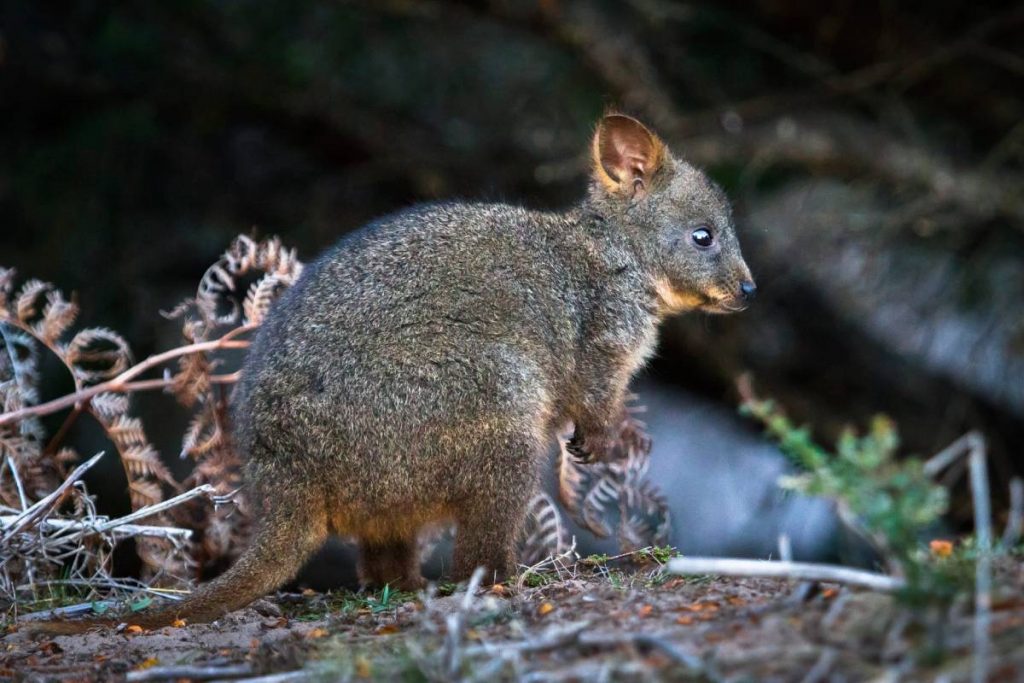
Are Mice a Problem in Australia?
While not every species of mouse is a problem, the most common house pest rodent in Australia is the House Mouse (Mus musculus). Here’s why they pose a threat to homeowners:
- House Mice are prolific breeders, with females being capable of producing up to 10 litters per year (with as many as 5 or 6 pups in a litter at a time).
- Mice have an incredibly high population growth rate, making it easy for infestations to quickly spiral out of control.
- House Mice can cause significant damage to property, including gnawing on electrical wires (which can lead to electrical fires), furniture, and food packaging.
- They contaminate food and surfaces with their droppings and urine, thus increasing the risk of disease transmission.
Why Are There So Many Mice in Australia?
The important question is, why are there so many darn mice in Australia? The following factors are the leading contributors:
- Rapid Reproduction: Again, House Mice breed quickly and have short gestation periods, allowing their population to multiply rapidly.
- Adaptability: Mice have a remarkable ability to fit through small gaps and cracks, enabling them to gain access to buildings easily.
- Food Availability: Agricultural practices, such as storing grains and providing food sources for livestock, inadvertently create favourable conditions for mice to thrive.
- Environmental Factors: Mice are able to thrive in a wide range of climates and habitats across Australia.
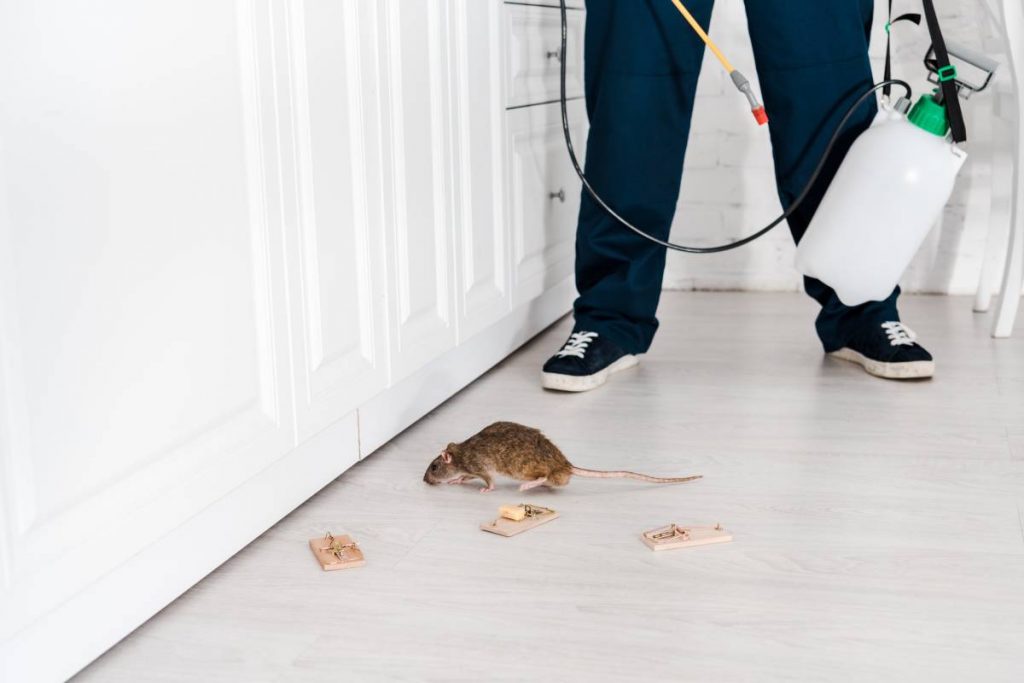
How Do I Know If I Have a Mice Infestation in My Home?
Do you suspect that you may have an infestation of mice in your home? How can you know for sure? Here are some tell-tale signs of a mice infestation:
- Droppings: Small, cylindrical droppings found along pathways or near food sources.
- Gnaw Marks: Damage to furniture, wires, or packaging caused by their constant chewing.
- Noises: Scratching sounds, squeaking, or scampering noises, especially at night.
- Nests: Shredded paper, fabric, or other materials used for nesting.
- Tracks and Smudges: Grease marks or footprints on surfaces.
What Is the Most Effective Way to Get Rid of Mice?
If you find that you do have an infestation in your home, how can you effectively get rid of them? When dealing with a mice infestation, consider the following effective methods:
- Traps: Snap traps or live traps baited with food can be used to catch and remove mice without outside assistance.
- Rodenticides: Poison baits can be used, but you must take extra care if you wish to prevent harm to children, pets, or non-target animals – and be mindful of how long such pest control methods last. In fact, if you do have small children and pets, we advise against any DIY pest control methods. Instead, you should defer to the next point…
- Professional Pest Control: Mice pest control from the professionals is the single most effective way to get rid of a pest infestation in your home.

How Can I Prevent Mice from Invading My Home in the Future?
Assuming you have had a mice infestation in your home; how can you prevent it from occurring again in the future? If you wish to prevent mice from invading your home, consider the following strategies:
- Seal Entry Points: Remember, mice can squeeze through the tiniest of entry points, so be sure to block any gaps, cracks, or openings in walls, floors, doors, and windows.
- Remove Food Sources: Store food in airtight containers, promptly clean up spills, and secure your garbage bins.
- Declutter: Reduce potential nesting sites by organising and decluttering your home.
- Regular Cleaning: Keep your home clean, paying attention to areas where food debris is likely to accumulate.
How Does the Government Plan to Tackle the Rodent Problem in Australia?
By this point, you may be wondering what the government plants to do to tackle the rodent problem in Australia. While there is much you can do to protect your home, the government addresses the rodent problem through the following measures:
- Public Awareness: Educating the public about rodent control, prevention, and reporting infestations.
- Research and Monitoring: Conducting studies to understand the behaviour and population dynamics of rodents.
- Collaboration: Working with agricultural and industry stakeholders to develop effective management strategies.
- Regulation: Implementing regulations and guidelines for pest control practices to ensure safety and effectiveness.
Conclusion
Mice are indeed a real and dire problem in Australia, given their innate ability to rapidly reproduce, their keen survivability, and their ability to squeeze through the tiniest gaps to find food and nesting materials.
If you are uncertain as to whether you have a rodent infestation or not, we urge you to contact your local pest control experts and have them conduct a thorough site inspection. If they do discover an infestation on your property, they will be able to prescribe an effective treatment to successfully rid your home of these invasive pests. Following that, if you follow the tips outlined in this article, you shouldn’t have any trouble keeping them out in the future!




